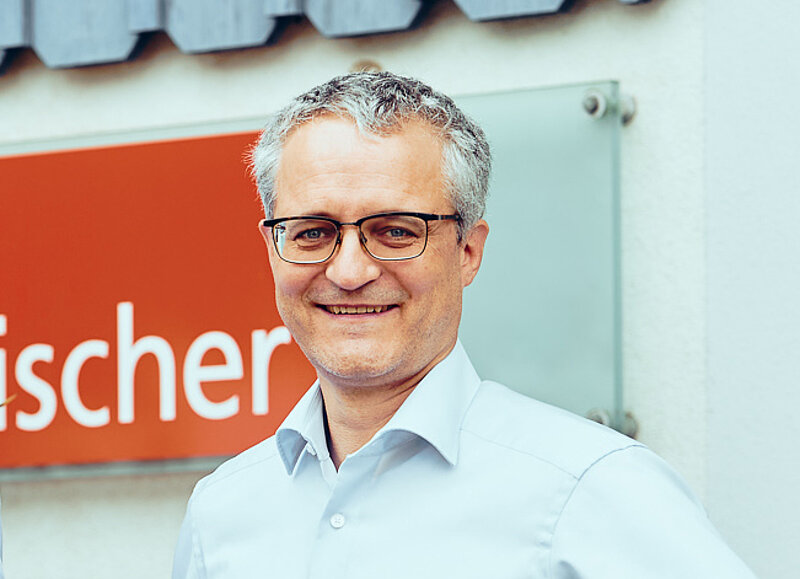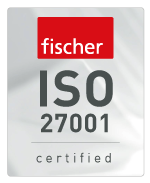We offer a variety of seminars and workshops that will help you expand your know-how and make your daily work more efficient. Fischer's program includes regular standard workshops as well as free webinars and individual on-site training and workshops tailored to your exact requirements. Browse our standard workshops or simply contact us with your individual challenges and needs.
Your new colleagues think you only need a CMS for websites and that working with WYSIWIG is heaven on earth? Then our one-day workshop is just the thing for you: Here we lay the foundation for making the switch to TIM a breeze. Because only if the editorial team is convinced of the changeover, your introduction will be a sustainable success that lasts for a long time.
The migration from a document-centric to a module-based way of working and thinking in TIM is a big step for technical writing. Where do we draw the module boundaries? What content do we want to be able to reuse? Where do we need abstraction and variables? And how do we find all these building blocks quickly? You will learn all this in our one-day workshop "Modularization and Classification".
Not getting lost in the jungle of information and separating relevant from irrelevant content is one of the challenges of our time. Your customers also want to read only the information that fits their purchased product. The flexible variant management in TIM is made for these requirements. Deliver only the documentation that fits 100% to your product.
This workshop consists of 3 building blocks to show where and how you can achieve the optimum in automation. Part 1 goes into the automatic generation of publications via workflow services. Part 2 covers the automatic filling of tables during publication with XGEN. Part 3 deals with automatic filling of TIM variables via XML files.
New portals, new applications, new transparency. The requirements to be able to use data from existing systems in new ways continue to increase with the digital transformation. Systematically determining information needs, identifying information sources, easily connecting source systems - put yourself in a position to use your data digitally in new processes and new use cases. Fast. Simple. Agile.
Intelligent information knows the context in which it is needed. The networking of information enables the user to provide the information that is appropriate in his or her situation. Targeted answers to users' questions, active support for the activities of the respective target group, flexible use and modern use cases - with digital, target group-oriented information provision, you are in the right position.


